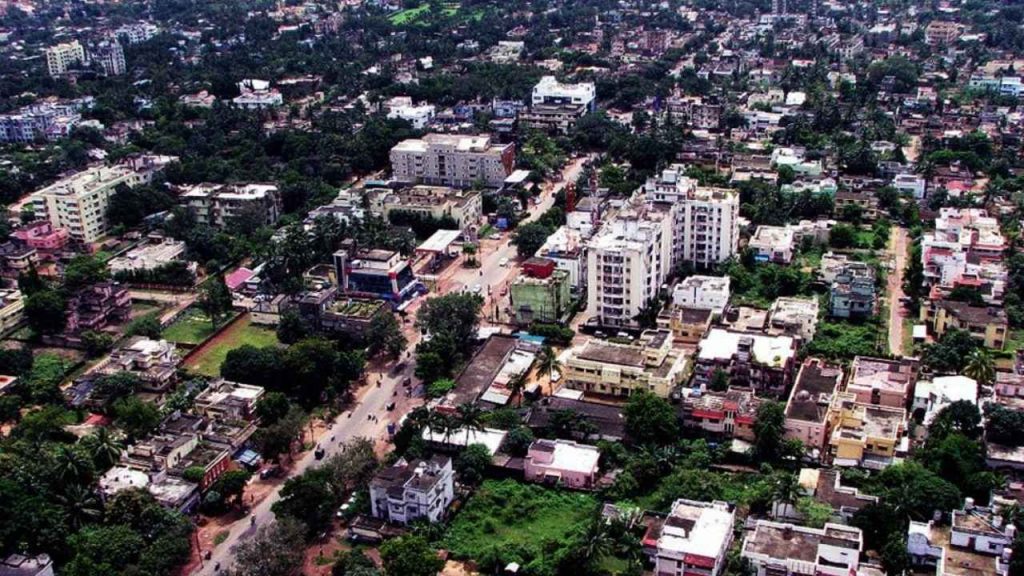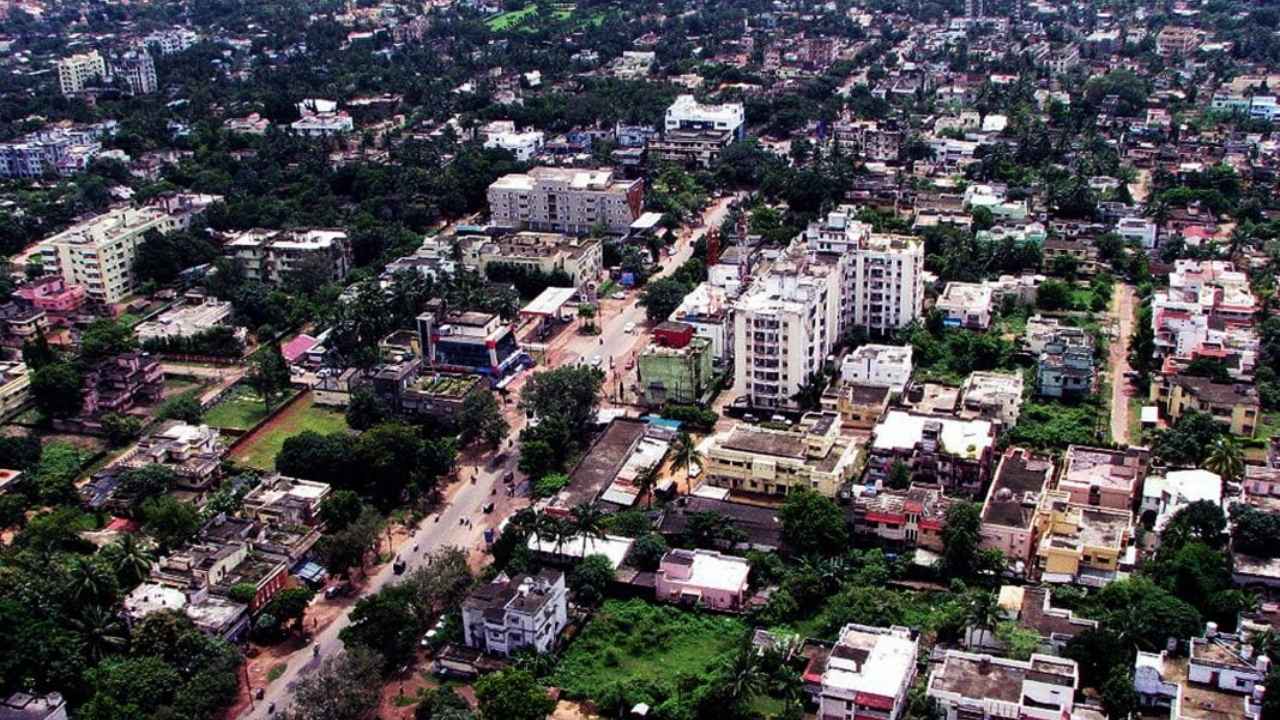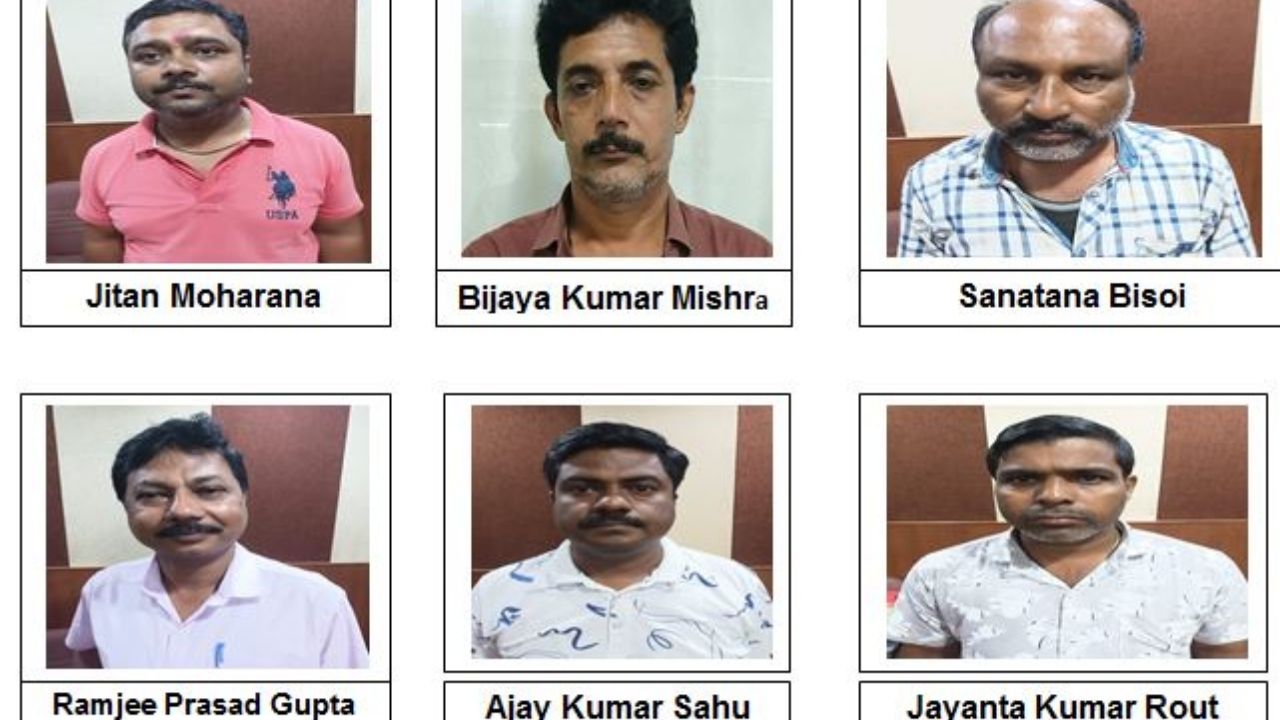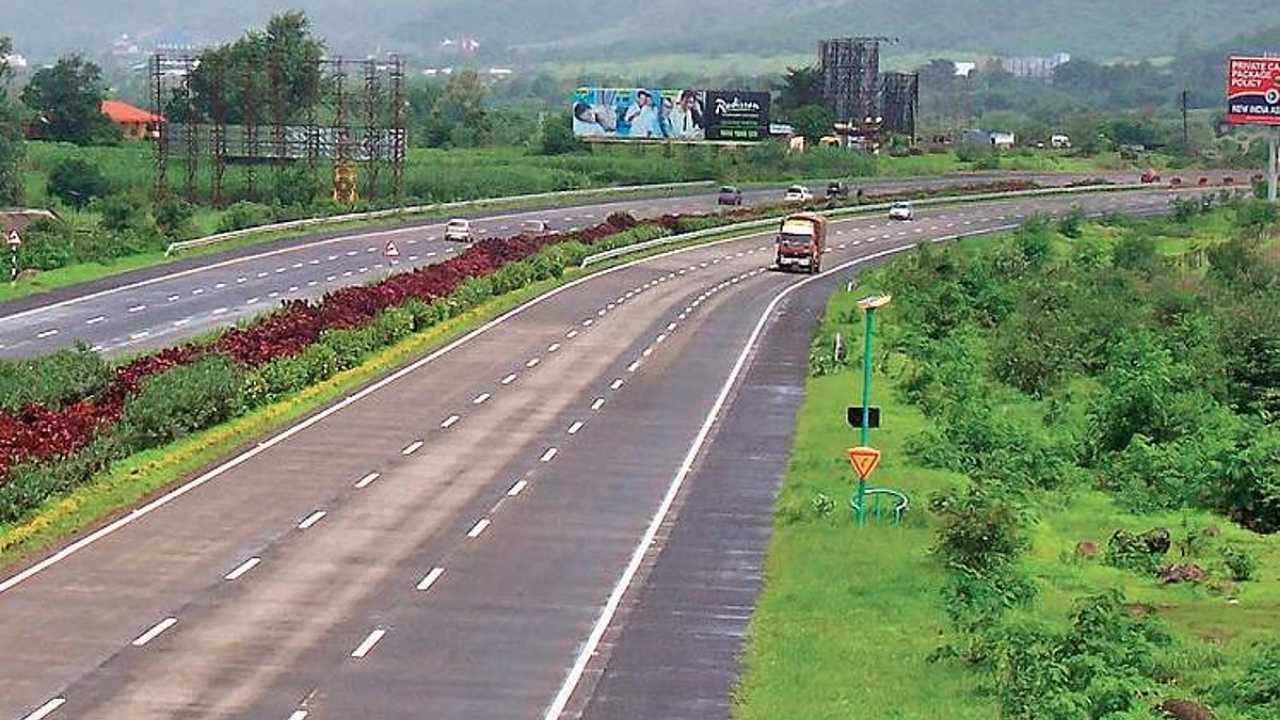In a groundbreaking move, the Bhubaneswar Development Authority (BDA) has recently granted apartment associations the authority to disconnect essential utilities, such as water and electricity, from residents who fail to pay their maintenance dues. This decision is stirring conversations across the city of Bhubaneswar and beyond, as it could set a precedent for similar actions in other parts of India. The BDA’s ruling comes after a series of issues related to homeowners not fulfilling their financial obligations towards apartment associations, which in turn affects the overall functioning and upkeep of residential complexes.

But what does this new ruling mean for apartment residents, associations, and even the larger real estate market? Let’s break it down and explore how this decision could impact both homeowners and property managers.
BDA Grants Apartment Associations
| Key Point | Details |
|---|---|
| BDA Ruling | Bhubaneswar Development Authority (BDA) grants apartment associations the power to disconnect utilities. |
| Legal Backing | The decision is based on Section 19(1) of the Odisha Apartment (Ownership and Management) Act, 2023. |
| Impact on Defaulters | Utility disconnections could affect those who fail to pay dues for more than 3 months. |
| Nationwide Precedents | Similar rulings have been seen in Telangana and Bengaluru regarding defaulters of maintenance fees. |
| Financial Responsibility | Homeowners are legally obligated to pay maintenance fees as per the Act, contributing to the upkeep of shared spaces. |
| Risks for Residents | Non-payment could lead to service disruptions, affecting daily life. |
| Legal Process | Associations are advised to follow due process before cutting off services, including sending notices. |
For more information, visit the official BDA website here.
The Bhubaneswar Development Authority’s decision to grant apartment associations the power to cut off utilities for defaulters is a significant step in promoting financial responsibility within residential communities. It underscores the importance of maintaining shared spaces and ensuring that everyone contributes fairly. As the trend of empowering apartment associations grows across India, it’s crucial for both residents and property managers to understand their rights and responsibilities.
Make sure to pay your maintenance fees on time to avoid service disruptions and contribute to the upkeep of your community. And for associations, following the proper legal processes will ensure fairness and transparency for everyone involved.
The Context Behind the Decision
Before diving into the implications of this new ruling, it’s essential to understand the context that led to the BDA’s decision. In Bhubaneswar, several apartment associations had been facing a growing number of defaulters—homeowners who simply refused to pay their share of the monthly maintenance fees. These fees cover the costs of common areas like hallways, security, water, and garbage collection, and are essential to the smooth running of an apartment complex.
However, some residents argued that they shouldn’t be responsible for paying these fees. In a recent case, four homeowners in a large complex refused to pay the dues, claiming the association wasn’t legally registered and that the developer should be responsible for maintenance. In turn, the apartment association provided proof of its registration and showed that the common areas had been officially handed over to them, making it clear that the responsibility for maintenance now rested with the homeowners.
To prevent this situation from escalating, the BDA stepped in, using the Odisha Apartment (Ownership and Management) Act, 2023, as the legal basis for its decision. According to Section 19(1) of the Act, failure to pay maintenance fees is a violation of the law, and associations are authorized to take action—up to and including disconnecting essential services like water and electricity.
This action has been welcomed by real estate experts, as it empowers apartment associations to ensure that all residents contribute to the upkeep of their living spaces.
A Step Towards Financial Responsibility in Communities
One of the key arguments in favor of this new rule is that it promotes financial responsibility among apartment owners. In a community living setting, everyone must pitch in to make sure that the place remains clean, safe, and functional. It’s similar to how in some cities, if you don’t pay your taxes, your services can be cut off, or even your property can be seized. By giving associations the power to disconnect utilities, the BDA is essentially enforcing this “pay your dues” principle.
For example, imagine a neighborhood where only some people pay for garbage pickup, while others don’t. Eventually, the garbage piles up and creates problems for everyone. The same principle applies in apartment complexes. If residents don’t pay their dues, it puts pressure on the entire community. So, in a way, the BDA’s ruling aims to make everyone equally responsible.
The Bigger Picture: Nationwide Trends
Interestingly, this ruling in Bhubaneswar is not happening in a vacuum. Across India, a growing number of states and cities are adopting similar measures to deal with defaulters. In Telangana, for instance, the state’s high court ruled that apartment associations could disconnect services for homeowners who failed to pay maintenance fees, further solidifying the legal groundwork for such actions. The case in Bhubaneswar mirrors this trend, showing that apartment associations across India are gaining more legal power to ensure that everyone pays their fair share.
In Bengaluru, a court recently ruled that a homeowners’ association could cut water supply to residents who were behind on their maintenance fees. The court pointed out that maintenance fees were essential for keeping the complex functioning, and that the defaulters were essentially taking advantage of the services without contributing to them.
These rulings highlight the fact that more and more cities are recognizing the importance of making sure that all residents meet their financial obligations. It’s a matter of fairness, ensuring that the burden of upkeep isn’t unfairly placed on the shoulders of a few residents.
How Apartment Associations Can Handle Defaulters
For apartment associations looking to take action against defaulters, here’s a step-by-step guide on how to handle the situation legally and responsibly:
Step 1: Send Notices and Reminders
Before taking any drastic action, apartment associations should first send out formal notices to defaulters, reminding them of their unpaid dues. It’s important to be polite but firm in these communications. Many defaulters may simply have forgotten to pay or might be going through temporary financial difficulties. Offering a clear, reasonable deadline for payment is a good first step.
Step 2: Consult the Law
Ensure that your association is well-versed in the relevant local laws governing maintenance fees. For Bhubaneswar, this means understanding the Odisha Apartment (Ownership and Management) Act. If your area has similar rules, familiarize yourself with them. Legal consultation might be necessary before proceeding with any utility disconnections.
Step 3: Issue a Final Notice
If payments are still not made after the initial notice, issue a final warning before taking any further steps. This is where it’s essential to give homeowners one last chance to pay up. A final notice should include a clear statement that utilities may be disconnected if the dues are not cleared within a certain period.
Step 4: Proceed with Utility Disconnections
If there is no resolution after the final notice, apartment associations may proceed with cutting off utilities, following the legal guidelines in place. This should always be done in a way that is transparent and fair. Residents should be notified in advance about the disconnection date.
Step 5: Consider Legal Action
As a last resort, if defaulters continue to refuse payment, the association can consider taking legal action through civil courts. This is a more extreme step, but sometimes it’s necessary to ensure compliance.
FAQs
1. Can associations cut off electricity for non-payment of maintenance dues?
Yes, as per the new ruling by the Bhubaneswar Development Authority (BDA) and similar rulings in other states, apartment associations are now legally empowered to disconnect utilities like electricity and water for residents who do not pay maintenance fees.
2. What if I am facing financial hardship and cannot pay my dues?
If you are struggling to pay your dues, it’s important to communicate with your apartment association. Many associations are willing to work out payment plans or offer temporary relief if you’re facing genuine hardship. Ignoring the issue will only lead to further complications.
3. Can I challenge a utility disconnection in court?
In some cases, homeowners have successfully challenged utility disconnections in court. However, this depends on the specific laws in your area and whether the apartment association has followed the correct legal processes. It’s always best to address the issue before it escalates.





